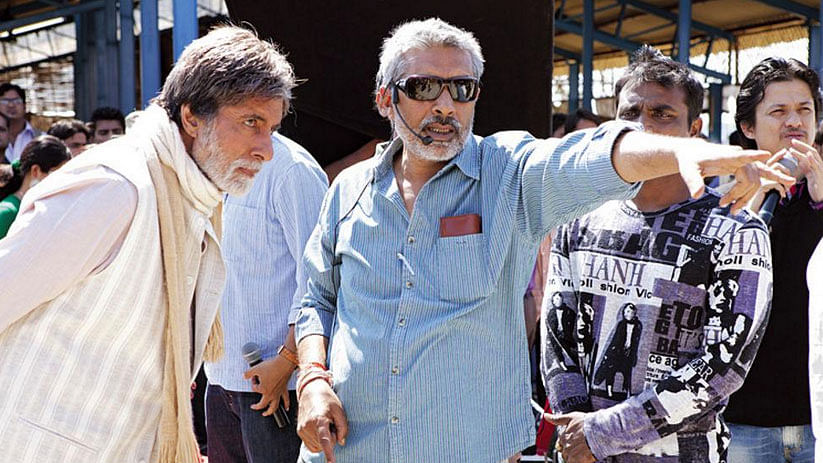Exclusive: Raajneeti Director Prakash Jha on his 5 Favourite Films
Filmmaker Prakash Jha talks about five of his most favourite films of all time, in this Quint exclusive.

Prakash Jha, the director of Damul (1984), Mrityudand (1997), Gangaajal (2003), Apaharan (2005), and multi-starrer blockbusters like Raajneeti (2010) and Satyagraha (2013), talks about five films that have inspired him through his journey, in this exclusive interview.
For Jha, cinema is communication, which is being alive to the world around, the ambience around development, and history.
I am trying to understand things are the way they are, why things develop the way they do, where it might lead to. Through cinema, there is a constant effort to understand that, as far as the Indian society is concerned.
– Prakash Jha, Filmmaker
And this reflects in his choice of films. In his younger days of struggle, Jha was introduced to the world of cinema thanks to a theatre called Akashvani Cinema at Churchgate, Mumbai. The theatre was the alternative hub for cinema, showcasing films from all over the world.
It was not commercial cinema. Every night, they used to screen international and classic Indian films. This is where I got exposed to the cinema of the greats like Mrinal Sen, Satyajit Ray, Ritwik Ghatak, Andrzej Wajda, Roman Polanski, Jean-Luc Godard, François Truffaut among others.
– Prakash Jha, Filmmaker
As a filmmaker, Jha is particularly in awe of five films that are still his top favourites, and he tells us why.
Ashani Sanket (1973)
Prakash Jha: The first time I saw it, I was so mesmerised by Ray’s genius that I saw it for the next seven consecutive nights. Every night, I used to rush from work to reach Akashvani theatre so that I wouldn’t miss it. I love the realism of the film. It was shot in Bengal with such majestic colours. The story was about the life that is devastated because of rain, the catastrophe that is looming on the horizon is also the catastrophe that threatens the characters’ natural world.
Teesri Kasam (1966)
Prakash Jha: One of the films that Basu Bhattacharya made phenomenally well was Teesri Kasam. I could relate to the film because it was from my land. The characters were brilliantly etched out. And above all, the matter in the film had the deft balancing of innocence and intelligence.
Ankur (1973)
Prakash Jha: The kind of films Shyam Benegal made initially were amazing. Be it Ankur (1973), Nishant (1975), Manthan (1976) or Bhumika (1977), we were quite enamoured by him at that time. Anyone who dealt with the psyche of the heartland drew great admiration from us. Ankur encapsulated the whole idea of the feudal mind and the class struggle terrifically. This is an idea that really appeals to me, and reflects in my cinema as well.
Manthan (1976)
Prakash Jha: The beauty of Manthan is how a commercial issue can become so dramatic and so lifelike. It is crafted very beautifully, and the characters are genuine.
Mirch Masala (1985)
Prakash Jha: I’ve always been an admirer of Ketan Mehta and the skills he displayed in films like Bhavni Bhavai (1980) and Mirch Masala (1985). I loved Mirch Masala because it stood apart from the films of its time. You see the shot takings in the film, you see the way he has set up the scenes, you see the way he has used colours, Mirch Masala has ‘excellence’ written all over it.
(The writer is a journalist and a screenwriter who believes in the insanity of words, in print or otherwise. Follow him on Twitter: @RanjibMazumder)
(At The Quint, we are answerable only to our audience. Play an active role in shaping our journalism by becoming a member. Because the truth is worth it.)